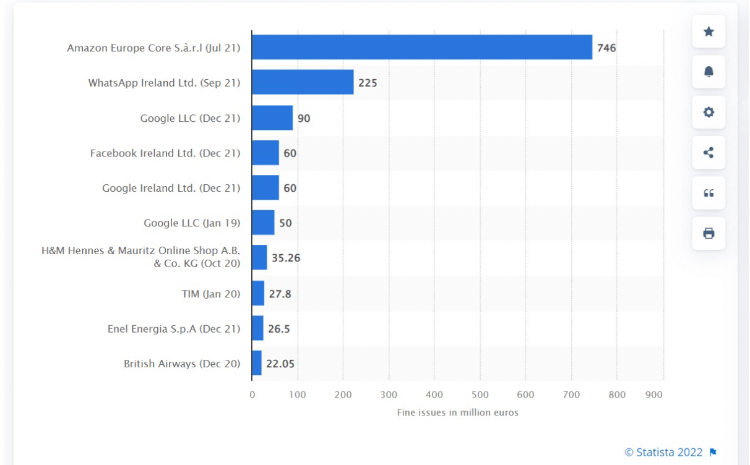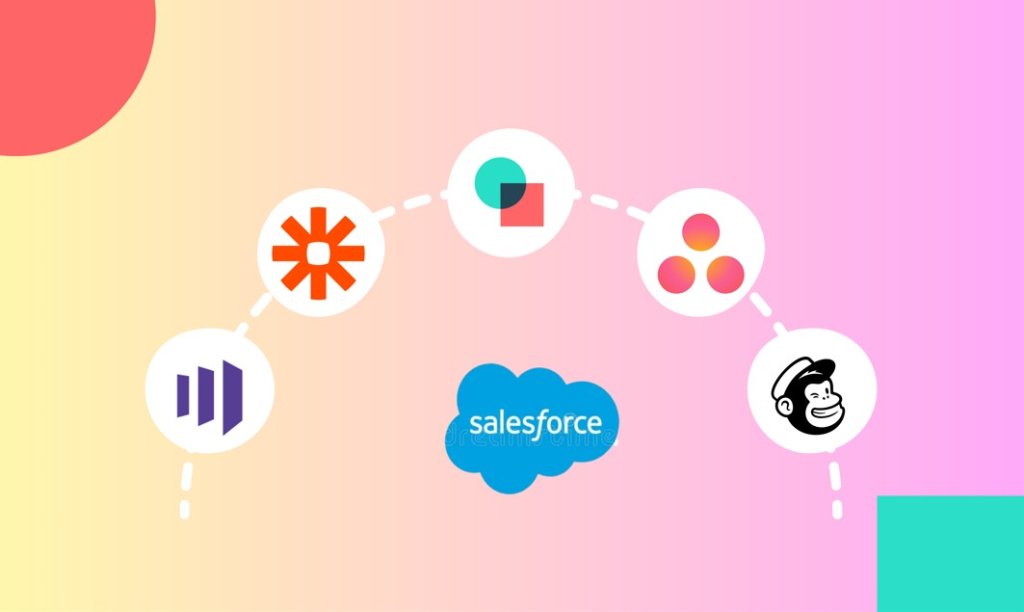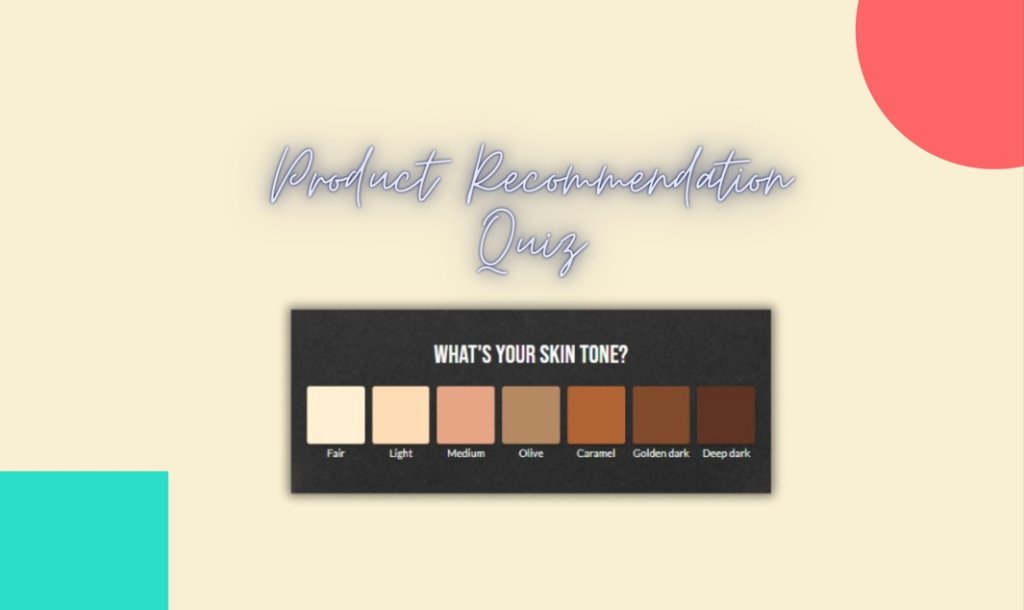In this highly competitive world where businesses pit against each other, data becomes the key to unlocking lucrative opportunities. It all boils down to securing accurate information timely to outwit your competitors. As such, it is no wonder that the eyes of everyone are on data.
What is GDPR?
Frequent security breaches and compromised data are among the reasons that launched the General Data Protection Regulation (GDPR). Replacing the 1995 Data Protection Directive, the GDPR is a strengthened version of the European Union (EU) data protection regulations, launched in 2018.
Like it or not, living in this digital age means a lot of your data is online. After all, retailers, banks, organisations, government agencies, and social media run on our data. Everything about us revolves around data. It is not surprising that guarding your data is at the forefront of your mind.
The purpose of GDPR is to safeguard people and empower them to exercise more control over their data. Its purpose was to set a standardized data protection reform, creating a safer place for everyone suited best for the digital age. All businesses/individuals operating in the EU and entities outside the EU that sell within the EU must have a suitable GDPR compliance strategy.
GDPR is a data governance law which means it is legally binding. Hence, you can be prosecuted for failing to comply.
GDPR Importance in Marketing Campaign
The introduction of GDPR means that companies must incorporate privacy measures to ensure that data are legally and safely collected, adhering to the GDPR's strict guidelines. Also, it is the responsibility of companies to secure the data and ensure no exploitation happens. In short, all entities must respect the owners of the data.
The GDPR has a huge impact on marketers as it dictates how they collect and handle customers’ information, which is the core of what marketers do. Your marketing campaigns must comply with GDPR as long as you reside in the EU or sell to the EU:
Data Privacy:
Data Collection
As a marketer, it is crucial to collect the correct data from your leads and customers for more accurate marketing analysis to progress forward. Any marketing effort you deploy involves this step. The GDPR sets out guidelines that you must adhere to when collecting personal data from an individual.
Transparency
The GDPR emphasizes transparency with your audience. The moment you intend to collect the user’s information on your website, you must communicate the purpose clearly via simple language. Everything must be clear and upfront, including how you intend to use and process the data.
Let’s say that you want to gather feedback from your customers on a product. You have to convey why you need their input and how you intend to use their provided feedback.
Consent
Once you have conveyed the reason behind your collecting the user’s data, you have to secure the user’s consent to proceed. They must give you a clear and affirmative ‘go-ahead’ and opt-in voluntarily. For example, you want to collect their email contacts. You cannot pre-check the box that creates an automatic opt-in; this violates the GDPR.
Your audience must have the choice to opt-in. And, your given opt-in choice to the user cannot be ambiguous; it must be direct.
Bear in mind that all users need to know their rights. Additionally, in the future should you use the user’s data for a different purpose, you must obtain new consent from the user. For those under 13 years old, the consent needs to come from the parents.
Less is Better (Minimization)
Under the GDPR, you are allowed to collect data that is relevant and as minimal as possible. A marketer knows what information is needed and necessary. Do not collect more than is necessary; if you do, you violate the GDPR.
For example, you allow the user to download resources from your website; in return, you ask for the user’s name, email address, and even complete a quick survey; this is reasonable. However, if you attempt to collect more, like asking for the family’s details and health matters, this is excessive.
With GDPR, you have to justify the data you collect. So, target what you need for your marketing purposes. Do not focus on any ‘nice to have’ information.
Data Processing
Usage Limitation
The user has the right to know how you process the provided data, including the interval of time it is in use, purpose, and others. You cannot use the data aside from what you have conveyed to the user. Your usage of the said data is restricted.
Should you plan to share the data with other companies or use it for a different purpose, you must obtain new consent from the user. Also, the other companies can only use the data for the specific purpose that the user has given consent.
Access Rights

An unsubscribe link is available at the bottom of the email
You need to give the user a way to request that you remove and delete any of their information. And, if the user requests to amend or update the data, you must comply and provide a way to achieve this.
The user has the right to request that you temporarily alter the way you use the data. The user can also raise an objection to you processing the data. However, you can respond by proving the legitimate need to continue doing so.
In short, under the GDPR, each user must be given the rights to:
be informed
have access to the data
amend
delete
restrict processing
data portability
object
automated decision making
automated profiling
As a marketer, it is your responsibility to ensure all your users can easily exercise their access rights to their data, as stated above. For example, you must include a clear unsubscribe link in your marketing emails; this is a requirement of the GDPR.
Security
The company must ensure that all collected data is stored securely and safe from prying eyes. As such, enforce all necessary technical measures to ensure that the data is handled and stored securely; they can range from using two-factor authentication (2FA) and deploying encryption to anything that safeguards the data.
The data needs to be safe from any unauthorized access and accidental disclosure. Bear in mind that different security methods apply depending on the type of data stored. Only relevant staff have access to the data for the intended purposes.
Relevant policies need to be in place, such as a data privacy policy with security awareness training for all staff. You may also want to include that all staff uses search engines that do not track; all to enhance privacy and tighten security. Also, the necessary Standard Operating Procedures (SOPs) need to be ready that cover what needs to be done during a data breach incident.
Accountability
Saying is one thing but proving that you are GDPR compliant is another. You must be able to prove that you abide by GDPR:
Document all processes concerning how you collect, handle and store data
Enforce relevant policies that govern data collection and use
Have regular security training for your staff
Assign relevant data protection responsibilities and accountabilities to the respective team members
Set in stone all agreements with contractors and third parties when data is involved
You may appoint a Data Protection Officer (DPO). It is not mandatory to do so. However, if you are a public authority or your core business involves tracking people per se and handling large amounts of data, it is best to do so. The DPO’s role is to manage everything about GDPR and its compliance.
Data Retention
There will come a time when the user may choose to opt-out. If the user requests to delete the data, you need to remove all the user’s data from your system and any other vendors who helped process the said data.
However, you can have a data retention policy that governs the length of time you can retain the data with the necessary justification. Sometimes, you may need to keep the data for a time as dictated by the law. Whatever it is, proper justification needs to be given.
What Happens When You Fail to Comply?

Largest fines non-compliance to GDPR as of 2022 (Source: Statista)
The GDPR is effective from 25th May 2018. As such, businesses should already be GDPR compliant. Since the GDPR is legally binding, you could be penalized and heavily fined if you choose to ignore doing so. The authorities are clamping down on offenders, so do not make the mistake of thinking GDPR is something you take lightly.
In 2017, an article was published confirming that Media Tactics was fined around $338,000 for not having the appropriate consent and permission for the 22 million calls made. If only the company had obtained the proper consent from the people they made calls to, they could have avoided this costly mistake.
Conclusion
In this information age, it is no wonder that the GDPR came about in 2018 to safeguard people’s interests. Many companies are clamoring to abide by this new legislation when handling personal data. As a marketer or a business owner, you may find that GDPR poses more problems for you, but we beg to differ.
The GDPR helps you with your business as it strives to create higher data quality and more respect for your leads and customers, which leads to better conversion rates. Hence, be GDPR compliant and seek advice from a lawyer who has expertise in the GDPR.
Author
Jason Chow is an Outreach Manager and is responsible for the growth of WebRevenue. He loves building relationships with new people—both online and offline. Over the years, he has formed a strong network of companies, business owners, and entrepreneurs.




